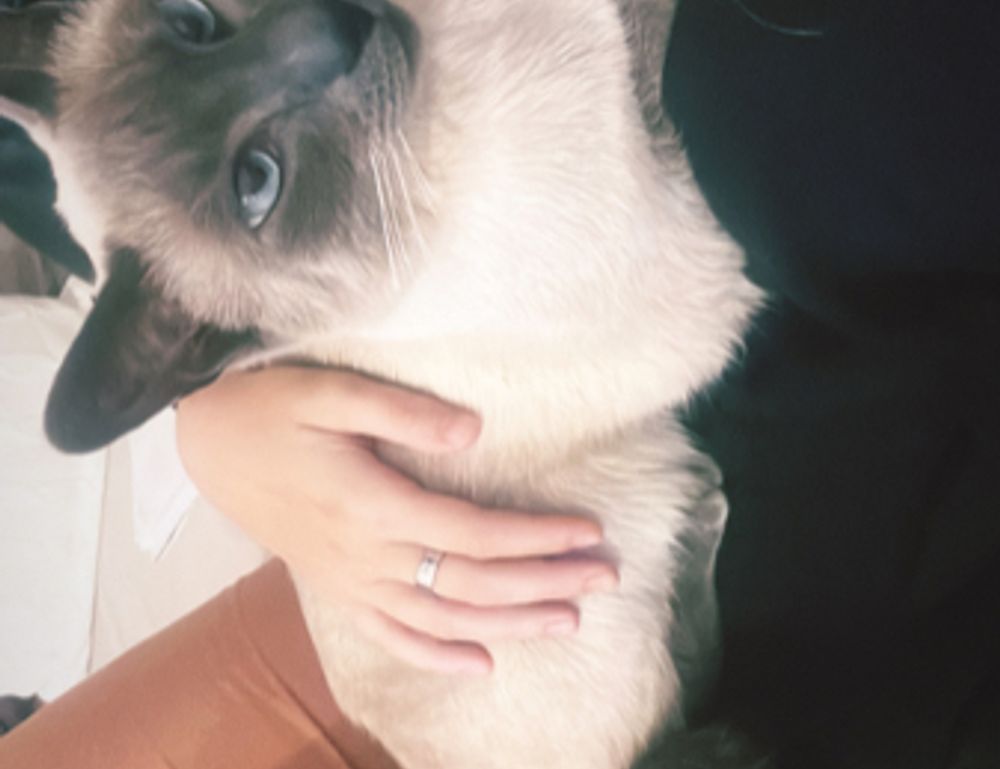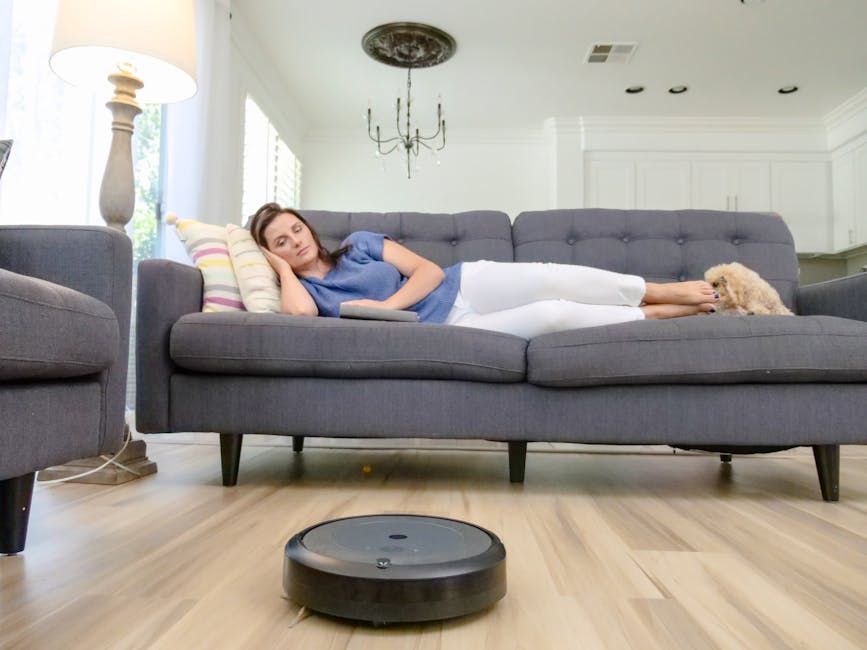Why Choose Indoor Pets?
Indoor pets are ideal for people who don’t have a lot of outdoor or yard space. They’re also a great choice for those with more structured schedules or who prefer pets that don’t require daily walks. With the right setup, indoor pets live long, healthy, and fulfilling lives.
From convenience to companionship, the advantages stack up:
Less risk of outdoorrelated illness or injury Fewer pest problems (ticks, fleas) Safer in urban environments Often easier to manage for firsttime pet owners
But that doesn’t mean they’re zero effort. Picking the right type of pet—and giving it proper care—still takes thought.
Best Types of Indoor Pets
Let’s talk specifics. Here are some indoor pets that strike a balance between enjoyment and ease of care.
1. Cats
They’re clean, independent, and don’t need walking. Cats adapt well to indoor life with minimal fuss. As long as they’ve got a litter box, scratching post, and sunny window, they’re usually good to go.
Good for: Busy professionals, apartment dwellers, people looking for chill companionship.
Tips: Choose a breed that thrives indoors (e.g., British Shorthair, Ragdoll) Enrichment is crucial—invest in toys and climbing furniture
2. Small Dogs
Not all dogs need a backyard. Breeds like French Bulldogs, Pugs, and Shih Tzus don’t need heavy exercise and do well indoors. They’ll still need regular short walks, but most are just happy curling up next to you.
Good for: Families, couples, or solo folks wanting loyalty and fun.
Tips: Housetraining is essential early on Create a routine: walk, feed, relax
3. Rabbits
Rabbits can be housetrained (seriously), and they form real bonds with their owners. They’re quiet, gentle, and can roam in a bunnyproofed room or pen. Rabbits do need regular grooming and vet care, so don’t assume lowmaintenance means nocare.
Good for: People looking for a quiet, sweet pet with a bit of personality.
Tips: Spay/neuter to avoid aggression and health issues Don’t keep them in a cage 24/7—they need exercise
4. Guinea Pigs
Social and vocal, guinea pigs are great indoor pets. They’re easy to care for but do best in pairs (same sex unless you want a population boom). With basic bedding, fresh hay, and a steady supply of veggies, they’re happy campers.
Good for: Kids, pet lovers looking for something small but engaging.
Tips: Keep their cage clean—these little guys are prone to respiratory issues Anticipate some squeaks when it’s feeding time
5. Birds
Parakeets, canaries, and lovebirds can brighten up any indoor space. They don’t need much room, but they do need social interaction and stimulation. A bored bird is a loud bird—so consider time commitments before you bring one home.
Good for: People who like bright personalities in small packages.
Tips: Cover cages at night to encourage sleep Handle your bird regularly to keep them tame
Setting Up Your Space
Making your home work for indoor pets lwmfpets is easier than it sounds.
Start with the basics:
Containment: Choose pet gates or enclosures for safety. Comfort: Every pet needs its own safe space, whether it’s a soft bed, a perch, or a hidey hole. Enrichment: Keep things interesting—rotate toys, add new textures, introduce safe plants or tunnels. Cleanliness: Indoors means you’ll deal with smells, fur, and mess. Invest in good cleaning tools.
And yeah, talk to a vet. You’ll get speciesspecific guidance that keeps things smooth from day one.
Things to Avoid
No pet is entirely maintenancefree. It’s easy to get drawn in by cuteness, but it’s just as critical to know what not to do.
Skip the impulse buys:
Never get a pet from unreputable sources (online classifieds are a red flag) Don’t assume fish, reptiles, or “small” pets are easier—they often have complex needs Avoid pets with known behavioral issues unless you’re experienced and ready for rehab work
Know what you’re in for, and be honest with yourself about time, money, and effort.
Final Thoughts
Bringing indoor pets lwmfpets into your home can be one of the best decisions you’ll make—if you do it right. Pick the pet that suits your lifestyle, invest in proper care, and you’ll gain a loyal and loving companion for years.
They don’t just fill your home; they fill your life. Quietly. Consistently. And usually curled up by your feet.

 Operations Manager
Sue Buschericks oversees the daily workflows and internal administrative processes. She ensures that all departments have the resources needed to meet their targets. With a background in logistics, Sue Buschericks streamlines company operations. She manages the internal schedules and coordinates communication across the team. Her focus remains on improving efficiency and maintaining high structural standards. Sue Buschericks plays a key role in the successful execution of all major projects.
Operations Manager
Sue Buschericks oversees the daily workflows and internal administrative processes. She ensures that all departments have the resources needed to meet their targets. With a background in logistics, Sue Buschericks streamlines company operations. She manages the internal schedules and coordinates communication across the team. Her focus remains on improving efficiency and maintaining high structural standards. Sue Buschericks plays a key role in the successful execution of all major projects.